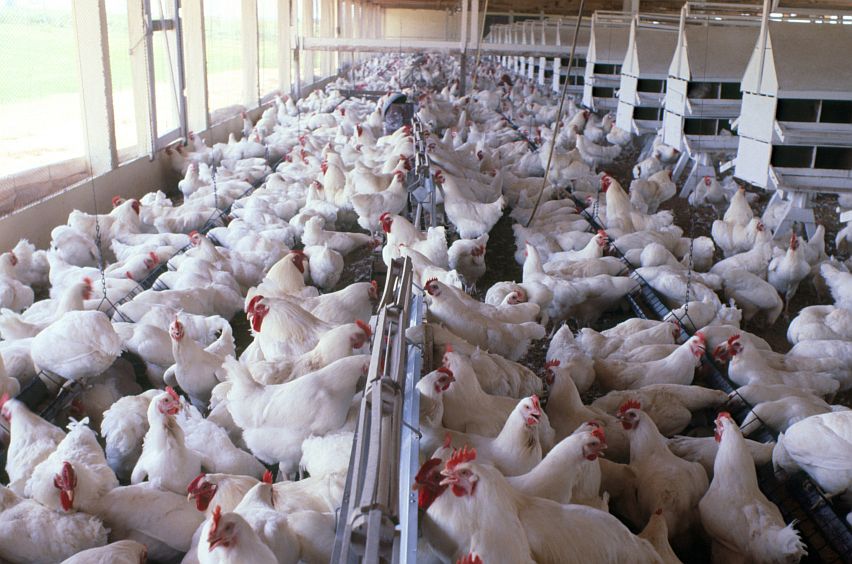São Paulo – This Monday (15), Brazil confirmed two cases of Highly Pathogenic Avian Influenza A (HPAI H5N1), also known as “bird flu,” in two wild seabirds rescued off the coast of the state of Espírito Santo. The notification, however, does not change Brazil’s condition as a country free of the disease, and the authorities are disclosing this information to the markets.
The Arab Brazilian Chamber of Commerce (ABCC) sent a note to the Arab embassies in Brasília and its member companies with clarifications. The institution informed it had been closely monitoring the cases after notification received from the Brazilian Ministry of Agriculture and Livestock, and it is in contact with Brazilian health authorities, entities, and associations to monitor decisions related to poultry trade with the Arab markets.
The ABCC pointed out the notification does not affect Brazil’s status as a country free of HPAI, and other member countries of the World Organization for Animal Health (WOAH) are not expected to impose bans on international trade of Brazilian poultry products. “The ABCC is in close contact with the Brazilian Ministry of Agriculture and Livestock to collaborate with the Brazilian Federal Government to guarantee the quality and safety of poultry products,” said the note.
The birds infected with influenza were of the Cabot’s tern (thalasseus acuflavidus) species. They were found in the city of Marataízes and a neighborhood of Vitória, both in Espírito Santo. These were the first cases of the disease recorded in Brazil.
The Ministry of Agriculture and industry entities reinforced the species is not part of the poultry production chain; hence, there was no contamination in the poultry and egg plants or risk of affecting the internal supply. Poultry-based foods can be safely consumed.
Avian influenza is a highly contagious viral disease mainly affecting wild and domestic birds. Currently, the world is experiencing the most challenging HPAI pandemic, and most cases are related to the contact of migratory wild birds with subsistence, production, or local wild birds.
The Brazilian Association of Animal Protein (ABPA) reported the consumption of poultry protein or eggs does not transmit avian influenza. “ABPA emphasizes the consumption of poultry protein and eggs is completely safe, according to information scientifically supported by the WOAH, the Food and Agriculture Organization (FAO) of the United Nations (UN) and other internationally recognized bodies,” said a note the association that represents poultry farmers.
After being collected, the affected birds were analyzed by the team from the Federal Laboratory for Agricultural Defense in São Paulo, which is accredited by the WOAH. The unit confirmed the diagnosis. The Brazilian government promptly notified the international entity.
Translated by Elúsio Brasileiro




